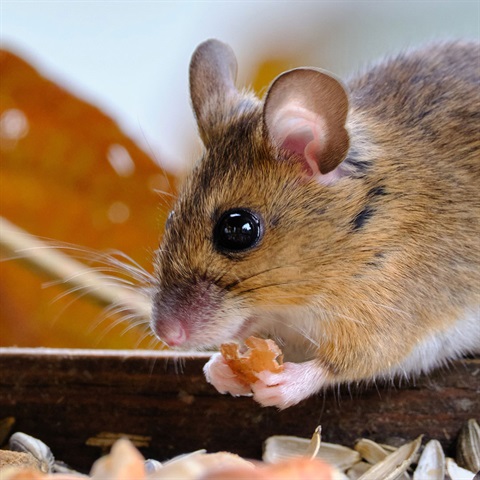Rats and Mice

Rodents can contaminate food, surfaces and utensils with their droppings and urine, and transmit diseases such as salmonella, leptospirosis and typhus to humans.
Rodents can also cause damage by gnawing and digging.
Rodents are usually more active at night and shelter and nest in places such as:
- Roof voids, wall cavities and sub-floor areas
- Behind boxes and other articles in garages and sheds
- Rubbish heaps and wood piles
- Thick vegetation
- Animal and poultry enclosures.
To check whether rodents are present look for:
- Moist black droppings (rat droppings are 12-18mm long and mouse droppings are 3-4mm long)
- Signs of gnawing
- Disappearance of food
- Greasy rub marks on walls caused by rodent traffic
- Burrow holes near to buildings, rubbish heaps and wood piles
- Squeaking, gnawing and movement sounds
- Pet dogs or birds becoming more excited than usual.
Controlling rodents around the home:
- Keep your property free of rubbish
- Store garbage in vermin-proof containers with close-fitting lids
- Store stacked materials such as timber at least 300mm above the ground
- Regularly clean out sheds and other storage areas and dispose of any unwanted materials
- Mow lawns regularly and keep garden areas free of overgrowth
- Do not use open compost bins
- Keep aviaries and poultry yards clean
- Do not leave pet food out overnight
- Store food in containers with tight-fitting lids
- Cover drain openings with cast iron grates
- Seal holes in buildings with sheet metal, cement mortar or other rodent-proof materials
- Use traps or poison baits to kill any rodents present.
Traps should be left unset for a few days to avoid ‘trap-shyness’. Baits can include any foods attractive to rodents and should be securely attached to the trigger plate.
Traps should be checked daily and any dead rats should be removed and sealed in a plastic bag before placing them in the garbage bin. Wear gloves when handling dead rats and wash your hands thoroughly with soap and water afterwards.
Poison baits should be used strictly in accordance with the label directions.
Persistent problems may need to be treated by a licensed pest controller. Licensed pest controllers are listed in the Yellow Pages under Pest Control.